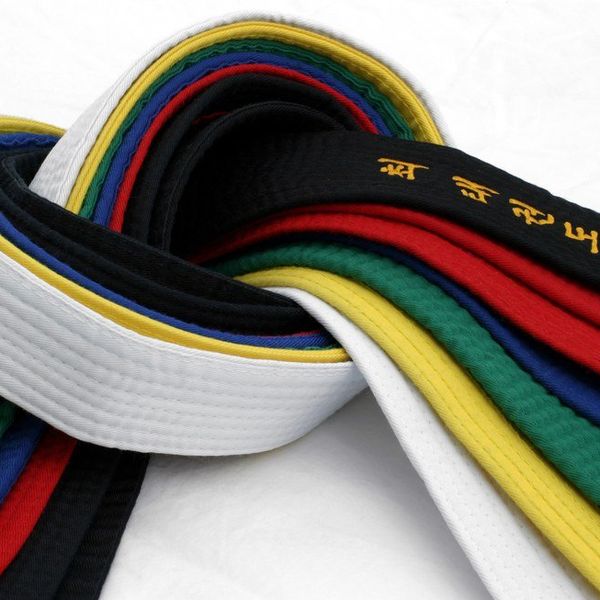This week I decided to apply something to my life that I've wanted to try for a long time. They are called tiny habits.
There are so many things we want to achieve and experience, but we often get discouraged because our scope is too large. Examples of goals are: lose weight, learn an instrument, learn a language or making a certain amount of money. Goals are great ways to live life to the fullest, but it's hard to accomplish them when we don't break them down into small steps to actually get there.
I watched this video on Monday:
After being inspired, I decided to try doing specific, tiny and simple habits every day. So far, the results have been amazing. I am known for being really, really ambitious, but once I embark on a project, I am easily burnt out from trying to do too much at once. For example, if I have a novel idea, I expect myself to somehow write the whole story that's been floating in my imagination in one day. It's simply not possible. The beauty of tiny habits is that they are immediate victories and don't have to stop there. If you feel inspired and motivated, you can keep going. But the important thing is that you also don't have to do a ton. You can stop right there. BJ Fogg, the speaker in the video, says to floss one tooth, or do two pushups. After those small achievements, you have either gotten something done toward your goals, or you can keep going. Either way is a way for you to get closer to achieving your dreams.
Some of the tiny habits I've implemented include:
5 minutes of meditation
20 minutes of exercise/stretching
Accomplishing my most important task (M.I.T.)
I strive to complete these habits every day, but the change occurred after I watched the video above. Fogg emphasizes the importance of triggers in order to make the behavior a habit. He sets up tiny habits in this manner: "AFTER I do ______, I WILL ______."
This creates a flow of behaviors that reminds us to do the habits at a scheduled time. I found this to be so helpful that I fell into a pattern almost immediately. It already felt comfortable. So to re-format your goals to be even more time-specific, simply fill them into the above statement. My examples:
After I accomplish my MIT, I will meditate for 5 minutes.
After I finish getting ready for the next day, I will exercise for 20 minutes.
After I eat lunch, I will complete my Most Important Task.
This scheduling works for me especially because these tasks do not take place at 2:30 or 4 p.m., but they happen after another event. Saying I will do _____ at 7 p.m. doesn't work for me because if I am on a roll doing something else when 7 comes, or something else comes up, it gets pushed back. Not being locked into a specific time frame definitely works for me, but if you do like time blocks, that can easily be applied to this technique.
It may feel like you're not achieving much, but you are making daily progress that will add up immensely in the long run. It's definitely better than making no progress at all. Daily practice also creates the habits themselves. Big spurts of activity or inspiration are not habits because they are not part of a routine. You may get a lot done, but the practice isn't a part of your lifestyle. Being healthy and centered are two very important aspects I want in my life, so I want these habits to become normal and a part of who I am.





















